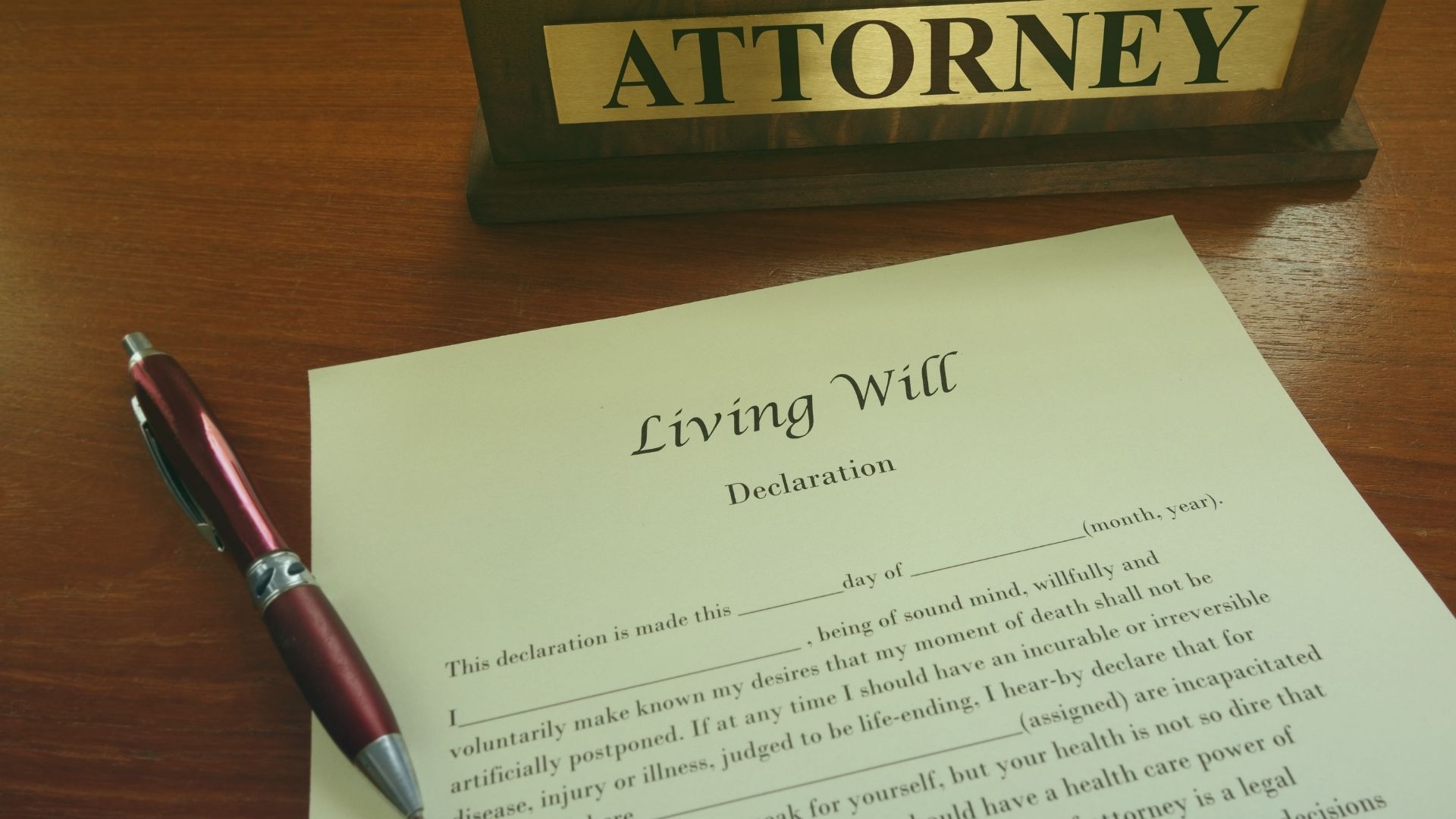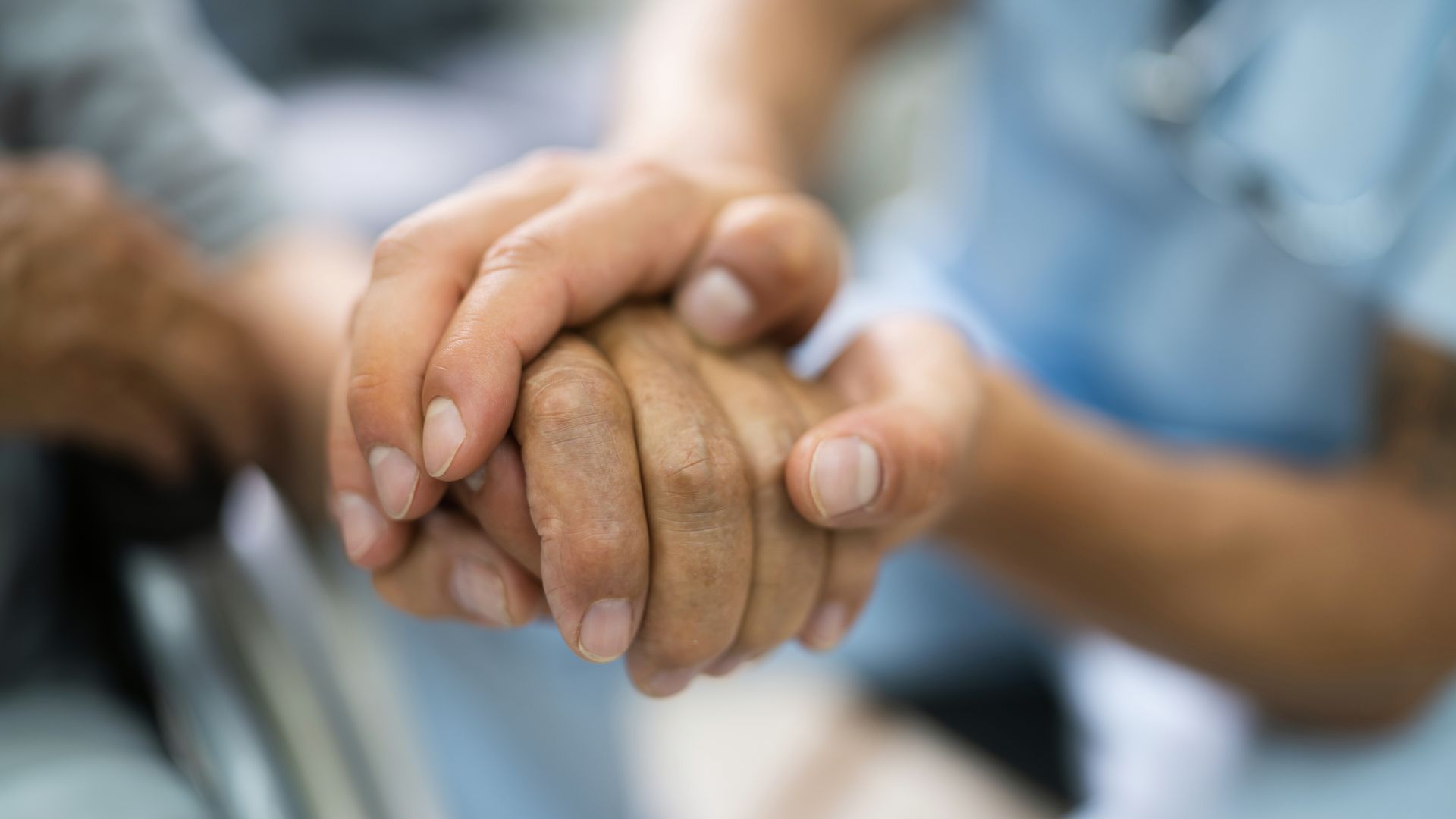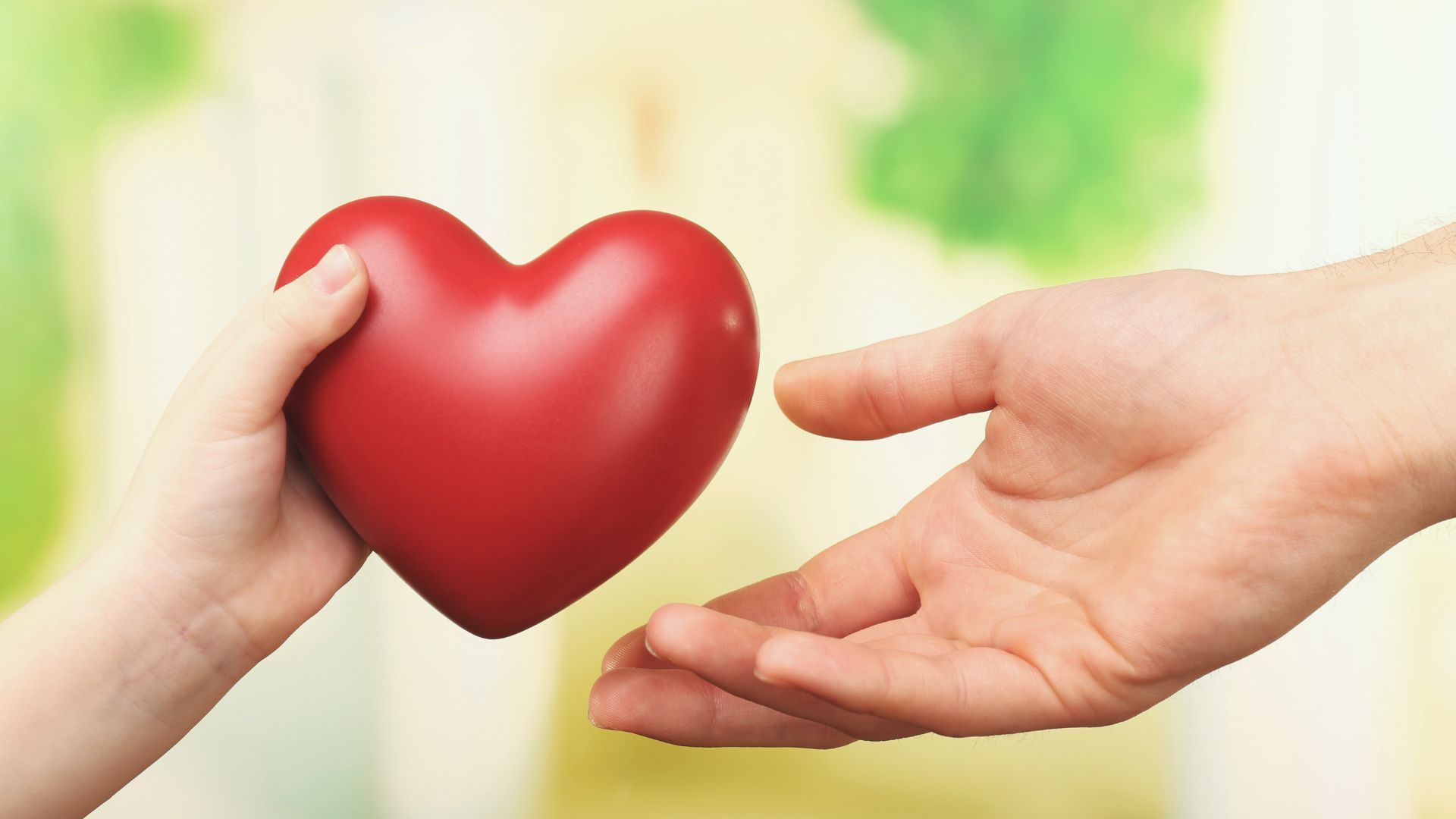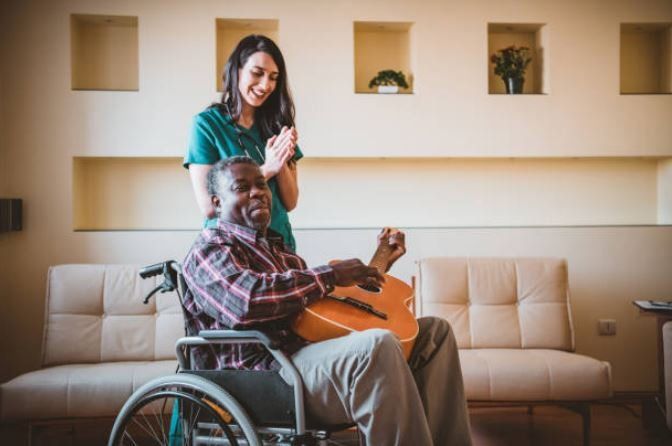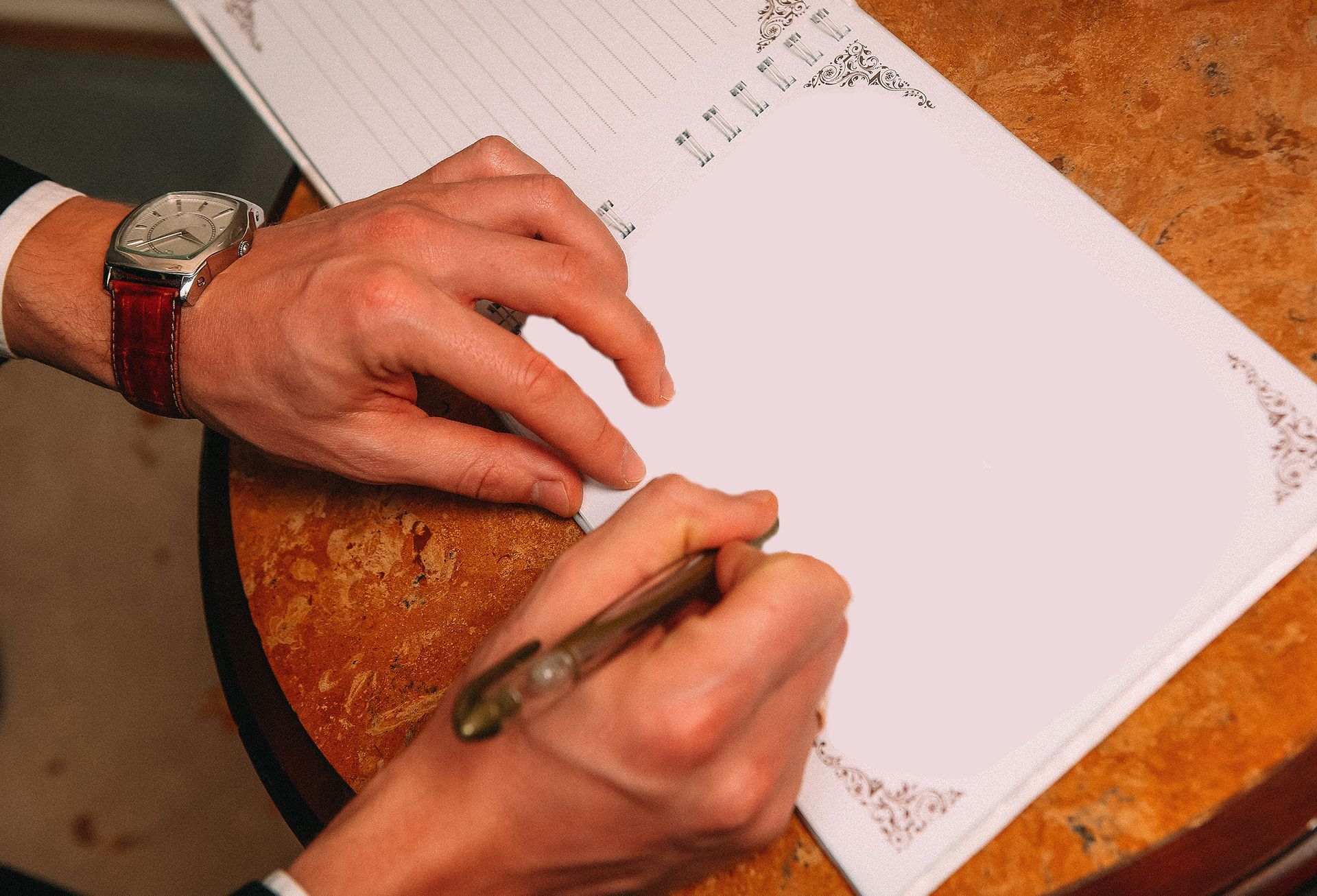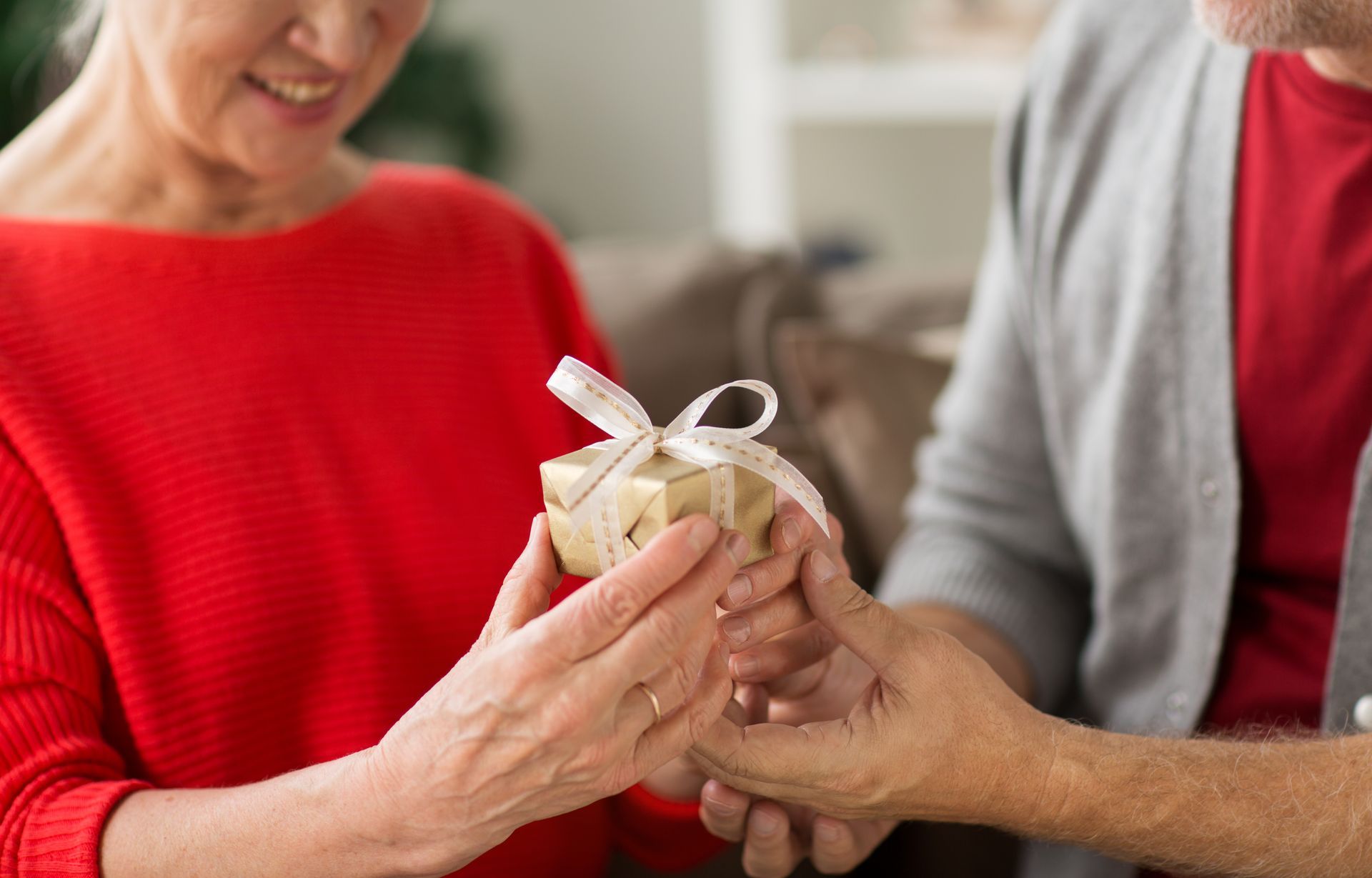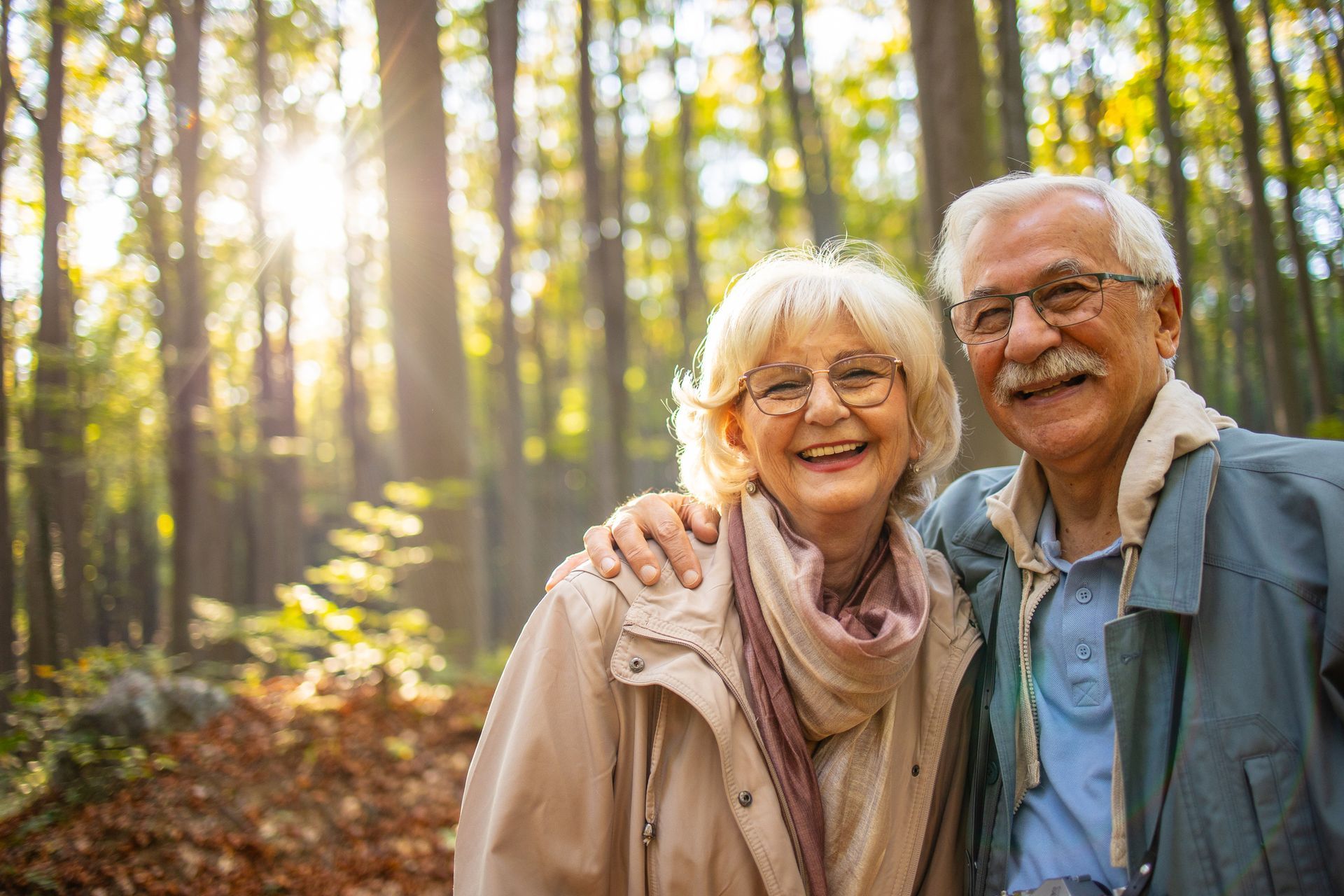The Love You Take = The Love You Make
It may not top Einstein’s Theory of Relativity, ‘E=Mc, etc.’, but noted mathematicians Lennon and McCartney did capture a universal truth with the musical equation they slipped onto the close of Abbey Road. Some fifty-plus years later, it still adds up. Any charity and goodwill that you put out into society actually does come back to benefit you. And medical science has the proof. Call it altruism, empathy or charity. But, as counterintuitive as it may seem, thinking about the goodwill of others has shown benefits to any number of people, in all walks of life….even some who could have used those kind thoughts themselves. A study involving dialysis and transplant patients who volunteered as support for other patients reported a greater feeling of well-being and personal growth. Another experiment followed multiple sclerosis patients offering similar support to their fellow patients, and made a similar discovery: notable improvements in mood, confidence and even day-to-day functioning in the test group. While this may at first blush seem to be a temporal ‘feel-good’ kind of scenario, the physiology behind it is revealing, and multi-levelled. The patients getting to exercise their ‘empathy’ or caring muscle, displayed a quantifiable boost of activity in the region of the brain that regulates pleasure and reward...so, Yes, Doctors Lennon and McCartney were absolutely correct. Doing good Does feel good, not only throughout the body’s entire nervous system, but also triggering a secondary period of calm following the initial pleasure associated with the acts of charity. One last example: another experiment split up volunteers into two groups - one that would take part in a workshop emphasizing the practice of empathy and kind thoughts involving other people, with the second group being told they were on the waiting list for the same workshop. The researchers then tested one specific factor in each of the two groups, something called the vagus nerve. This is an amazingly complex nerve, regulating not just how your heartbeat accelerates or slows in relation to breathing, but also how the heart protects itself from cardiovascular illness in general. (Meanwhile, the same nerve is also managing your glucose levels and other immune responses.) Oddly enough (or maybe not that odd at all), the vagus nerve is also a neural regulator in how we ‘connect’ with other people, through the nerves that help us process speech and eye contact. The majority of the group working on empathy and kindness registered a significantly higher score involving the vagus nerve ( also reporting higher levels of emotions like hope, amusement and joy when compared with the test-group still on the waiting list. The ultimate kicker is that the improved health scores (and vagal tone) only occurred in the participants who reported an uptick in their feelings of charity and caring for others. Maybe empathy should be marketed as a health supplement. Mortality rates are found to be superior among volunteer charity workers, compared to people whose profiles scored lower when it came to feeling personal empathy. In a way, a pandemic may be the perfect time to practice empathy, because it is such a crucial reminder that our own well-being is inextricably tied to the well-being of the rest of our community. The more conscious we are of that interconnectedness, ultimately it will be in our own best interest. Plus, every act of charity tells us that we do actually have some control over our world. We Can make things just that much better, which means we are not entirely powerless. The song possibilities are endless. ‘Give A Little Bit’? Whatever you choose from the playlist, do yourself a favour. And do some good for somebody else.
